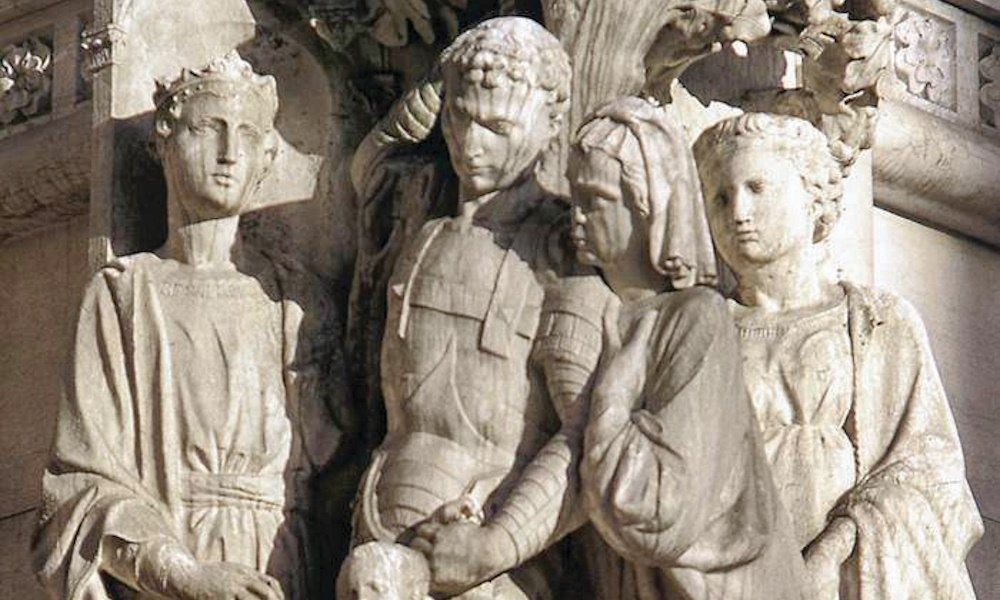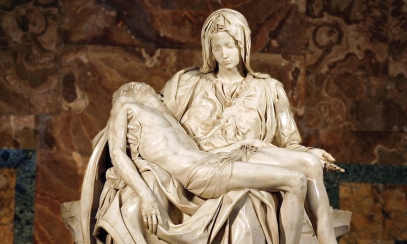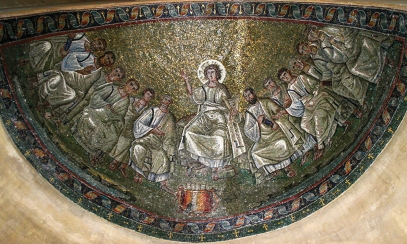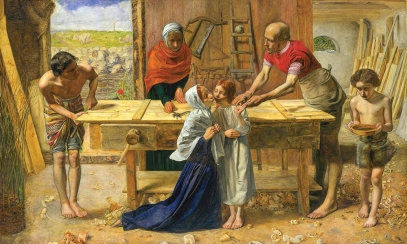
The wisdom of King Solomon sculpted and displayed
In the first book of Kings, God appeared to Solomon in a dream and said, “Whatever you ask I shall give you.” Solomon famously asked for wisdom and an understanding heart so that he would be best able to serve God’s people. He already had enough wisdom to ask for more, so God gave him that, plus all the things he did not ask for – wealth, glory, power and a time of security – as long as Solomon kept God’s statutes and commandments as his father David did.
In the first book of Kings, God appeared to Solomon in a dream and said, “Whatever you ask I shall give you.” Solomon famously asked for wisdom and an understanding heart so that he would be best able to serve God’s people. He already had enough wisdom to ask for more, so God gave him that, plus all the things he did not ask for – wealth, glory, power and a time of security – as long as Solomon kept God’s statutes and commandments as his father David did.
We all know the famous story of the two women who both claim to be the mother of a child (depicted in the photograph on this page). In this sculptural column capital by Bartolomeo Bon, we see the Judgement of Solomon. On the left is a seated Solomon, stoically ordering that the child be cut in two. Next, a soldier callously holding the child by an arm, ready to execute both the order and the child while the real mother responds in horror to the order, asking the king to give the child to the other woman. Finally, we see the deceitful claimant who says, “It shall be neither mine nor yours. Cut it in two!” By cleverly setting up a scenario that essentially measured a mother’s love, not only was Solomon able to make an easy decision, but he also allows us to participate in the decision. Of course, we all knew who the real mother was!
“People from all nations came to hear Solomon’s wisdom, sent by all the kings of the earth who had heard of his wisdom.” (1 Kings, 5:14) The list of all the kingdoms he ruled, the number of soldiers he commanded, the workers/servants he employed, the opulence of his palaces and stables and the incredible range of wealth he possessed all indicate he had a charmed life. He was allowed to build the temple that David had only hoped to build and it was magnificent. The description of the preparations for and the building and furnishing of the temple found in 1 Kings chapters 5 and 6 is worth the read. Solomon’s prayer of petition at the dedication of the temple is a wonderful description of the relationship between God and his people, particularly when he describes instances when people may stray from that faithful relationship – a foretelling of Solomon’s relationship!
Solomon had 700 wives and 300 concubines, including many foreign women. They turned his heart to other gods, and Solomon built altars to them and turned away from the Lord. The consequences were enormous. Despite all the wonderful things he did, ultimately Solomon failed to use his gifts in humble service to God – a cautionary tale about accumulation and not needing God.
How well do we use our special gifts and to what ends? Neither the good nor bad things we have done will end up illustrated atop a stone column, but they sure could appear on the internet!
Mark Landers is a parishioner of St. Austin Parish in Austin and a member of the Diocesan Fine Arts Council. He and his wife, Christina, own and operate Landers’ Studio, a woodworking shop and design studio. They design and construct custom furniture and high-quality architectural piecework.



